If you’ve ever seen Bird-Friendly coffee on a label and wondered what it actually means, you’re not alone. With so many sustainability claims floating around—Fairtrade, Organic, Rainforest Alliance—it’s easy to get lost in the jargon. But Bird-Friendly coffee is one of the most meaningful certifications out there, especially if you care about wildlife conservation and ethical coffee farming.
So, what exactly makes Bird-Friendly coffee different? And why does it matter?
Bird-Friendly Coffee Protects Forests, Not Just Farms
Most coffee today is grown in full-sun plantations, where entire forests are cleared to make room for coffee crops. This creates a huge problem for wildlife, particularly for migratory birds that rely on tropical forests for food and shelter.
Bird-Friendly coffee, on the other hand, is grown under a canopy of native trees, allowing birds and other wildlife to thrive alongside coffee plants. This kind of farming is called shade-grown coffee, and it’s far better for the environment than conventional farming methods.
What Makes Coffee “Bird-Friendly”?
To be certified Bird-Friendly, coffee farms must meet strict environmental standards set by the Smithsonian Migratory Bird Center (SMBC). The key requirements are:
✔️ Grown in a biodiverse, forested habitat – Coffee plants must be grown under a natural tree canopy, not in deforested land.
✔️ Certified Organic – No pesticides or harmful chemicals that could damage ecosystems.
✔️ Supports migratory and native birds – Farms must have a rich variety of native trees and plant species to encourage bird populations.
✔️ Protects entire ecosystems – Unlike other certifications, Bird-Friendly standards focus on preserving the whole environment, not just coffee plants.
How Is Bird-Friendly Coffee Different from Other Certifications?
There are a lot of eco-friendly certifications in the coffee world, but Bird-Friendly is one of the most rigorous. Here’s how it compares:
- Organic Coffee – Focuses on avoiding pesticides and synthetic chemicals, but doesn’t require shade-grown farming.
- Fairtrade Coffee – Ensures farmers get fair wages, but doesn’t necessarily mean the coffee is environmentally sustainable.
- Rainforest Alliance – Encourages sustainable practices, but shade cover requirements are lower than Bird-Friendly standards.
Why Does It Matter?
Coffee farms have one of the biggest impacts on deforestation in Latin America, a region home to thousands of bird species—including parrots, toucans, and migratory birds from North America. Without tree cover, birds lose nesting sites, food sources, and safe migration paths.
By choosing Bird-Friendly certified coffee, you’re actively helping to:
- Preserve critical bird habitats
- Prevent deforestation caused by coffee farming
- Encourage sustainable farming that protects biodiversity
The Aviary & Bird-Friendly Coffee
At The Aviary, we care deeply about protecting the birds that inspire our coffee. Our Latin American coffee Jungle Breeze, which comes from areas affected mostly severely by poor coffee farming methods, is Bird Friendly Certified, ensuring that your morning cup supports wildlife, not destroys it.
Beyond that, we donate a portion of every sale to wild parrot conservation efforts, helping to protect the species most affected by habitat loss.
If you love great coffee and care about wildlife, Bird-Friendly coffee is one of the best choices you can make.
Would you switch to Bird-Friendly coffee? Let us know your thoughts!
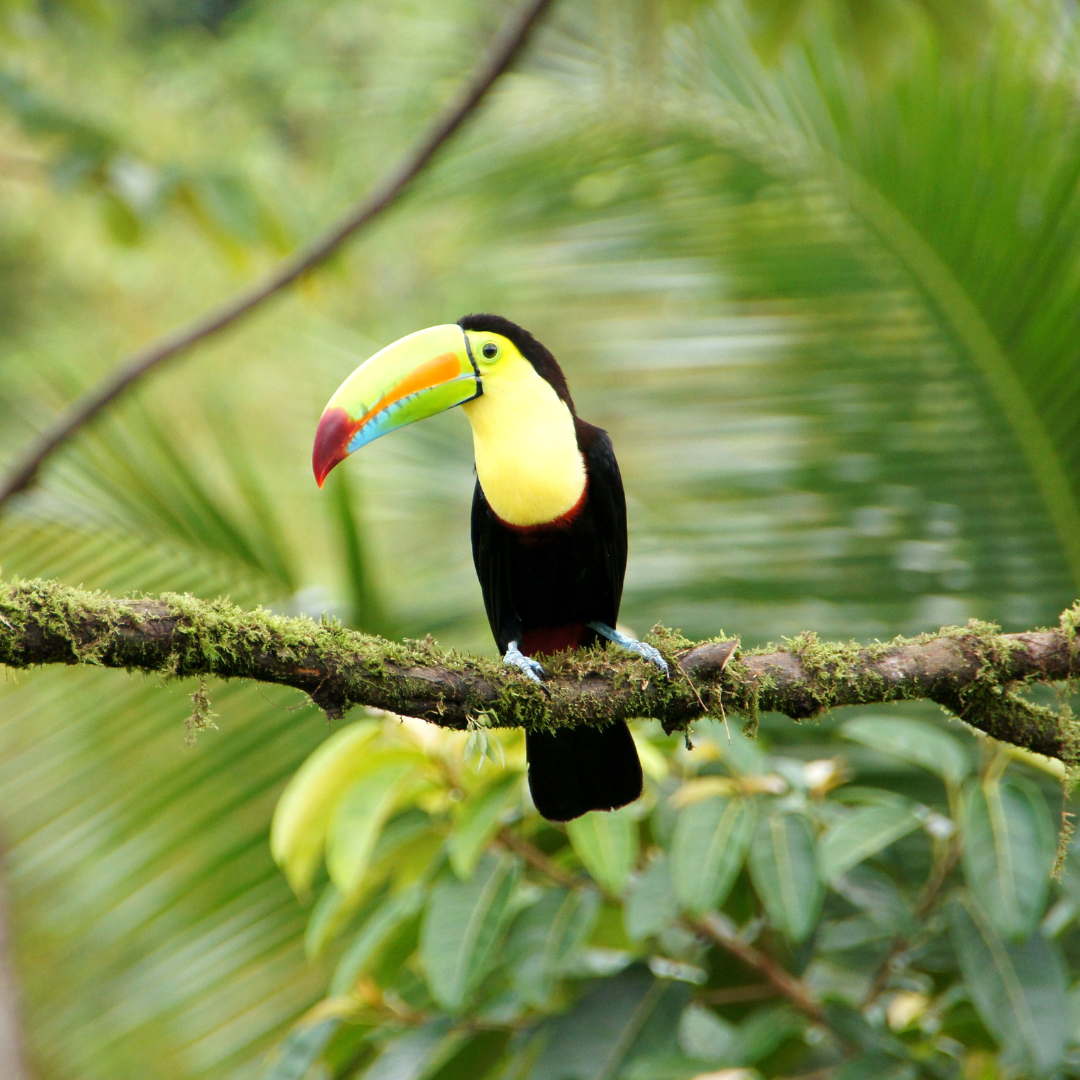
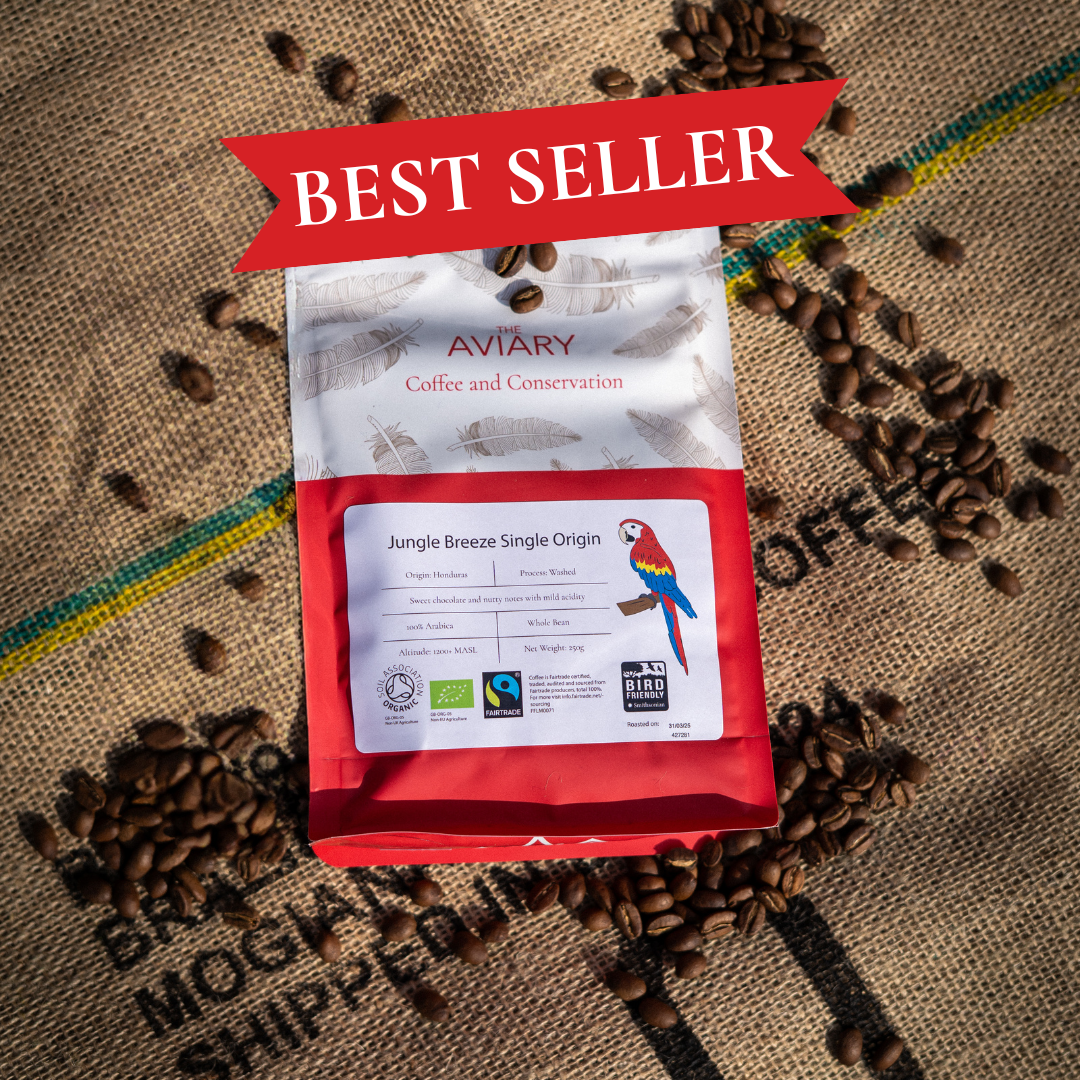
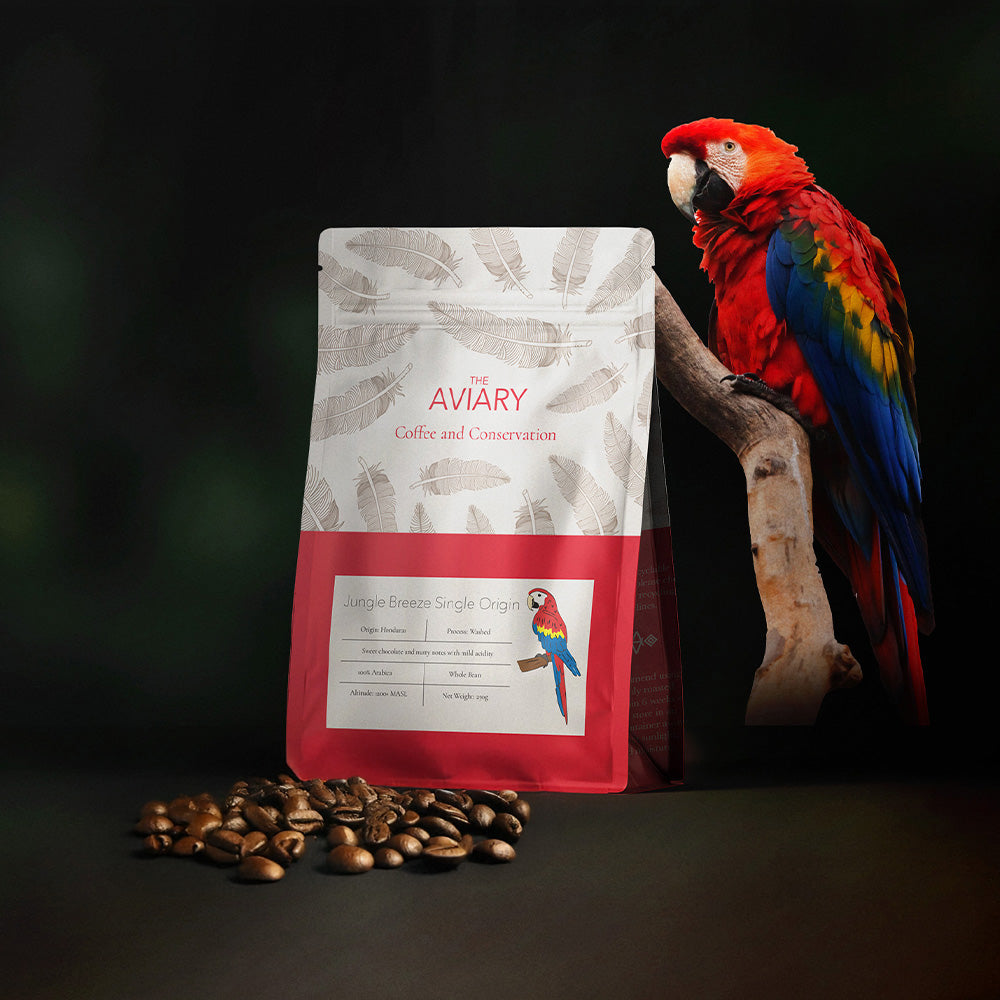

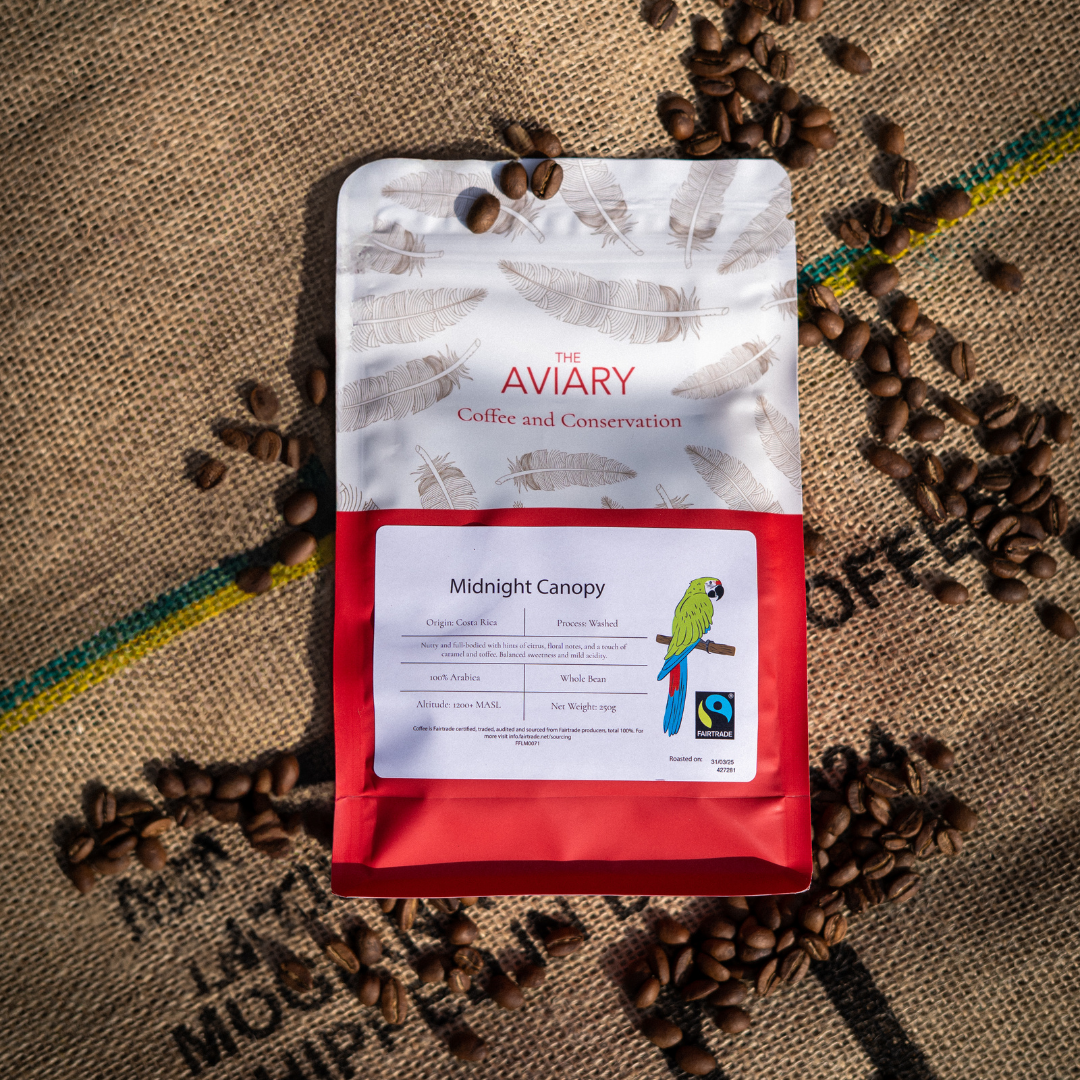
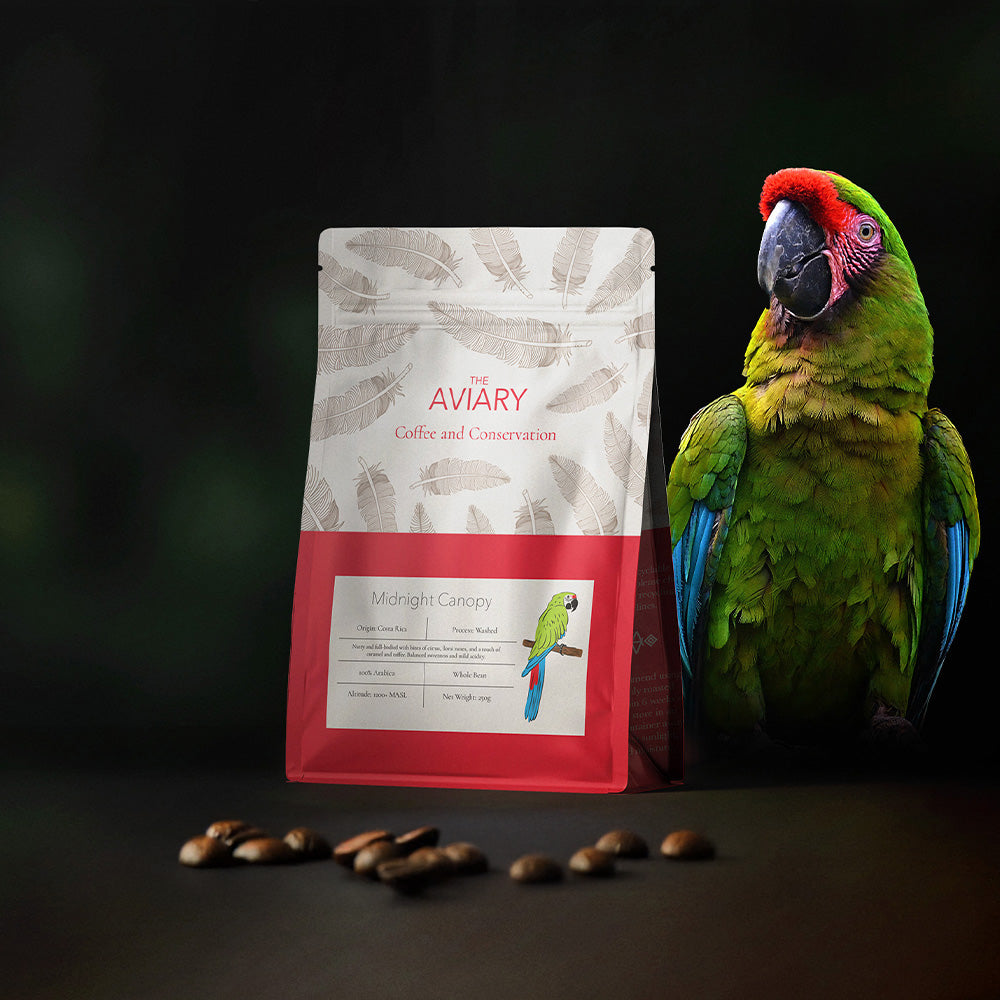
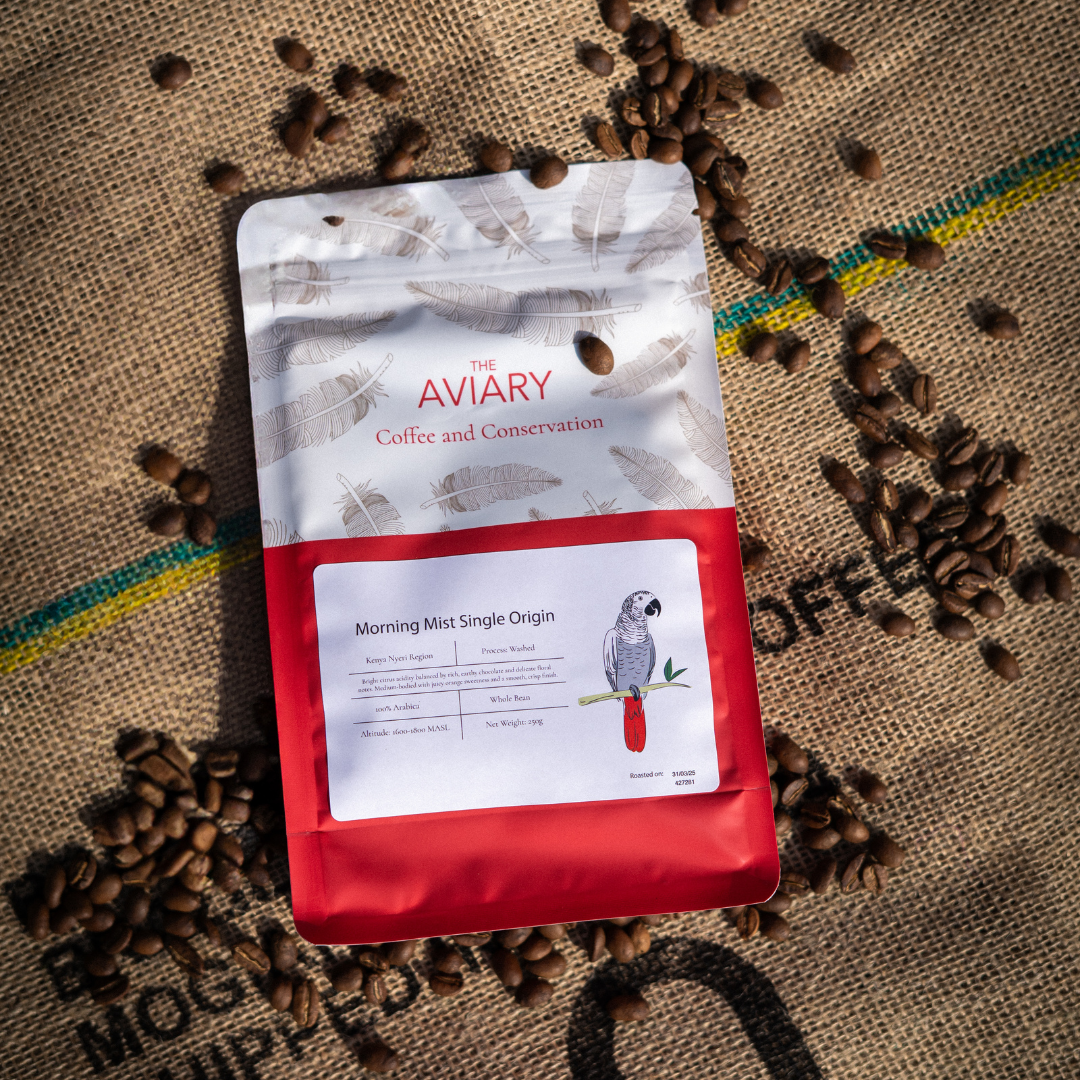
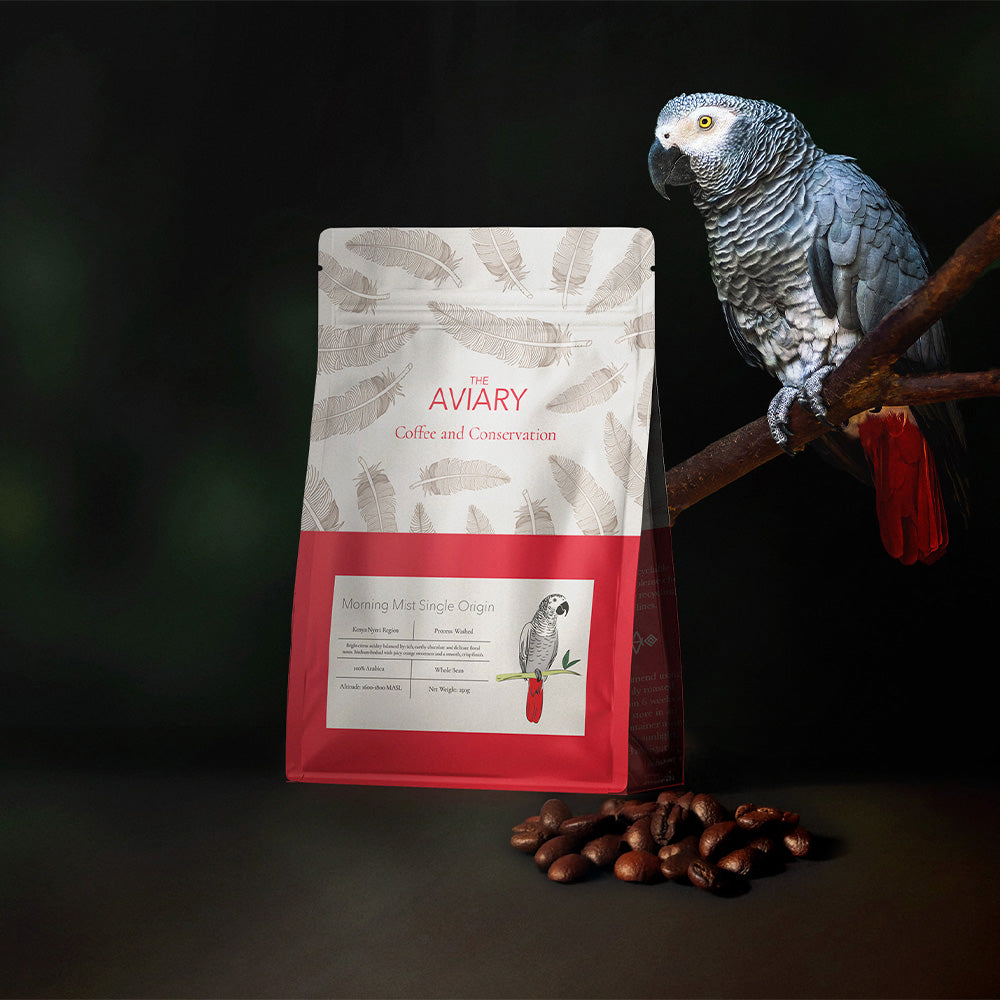

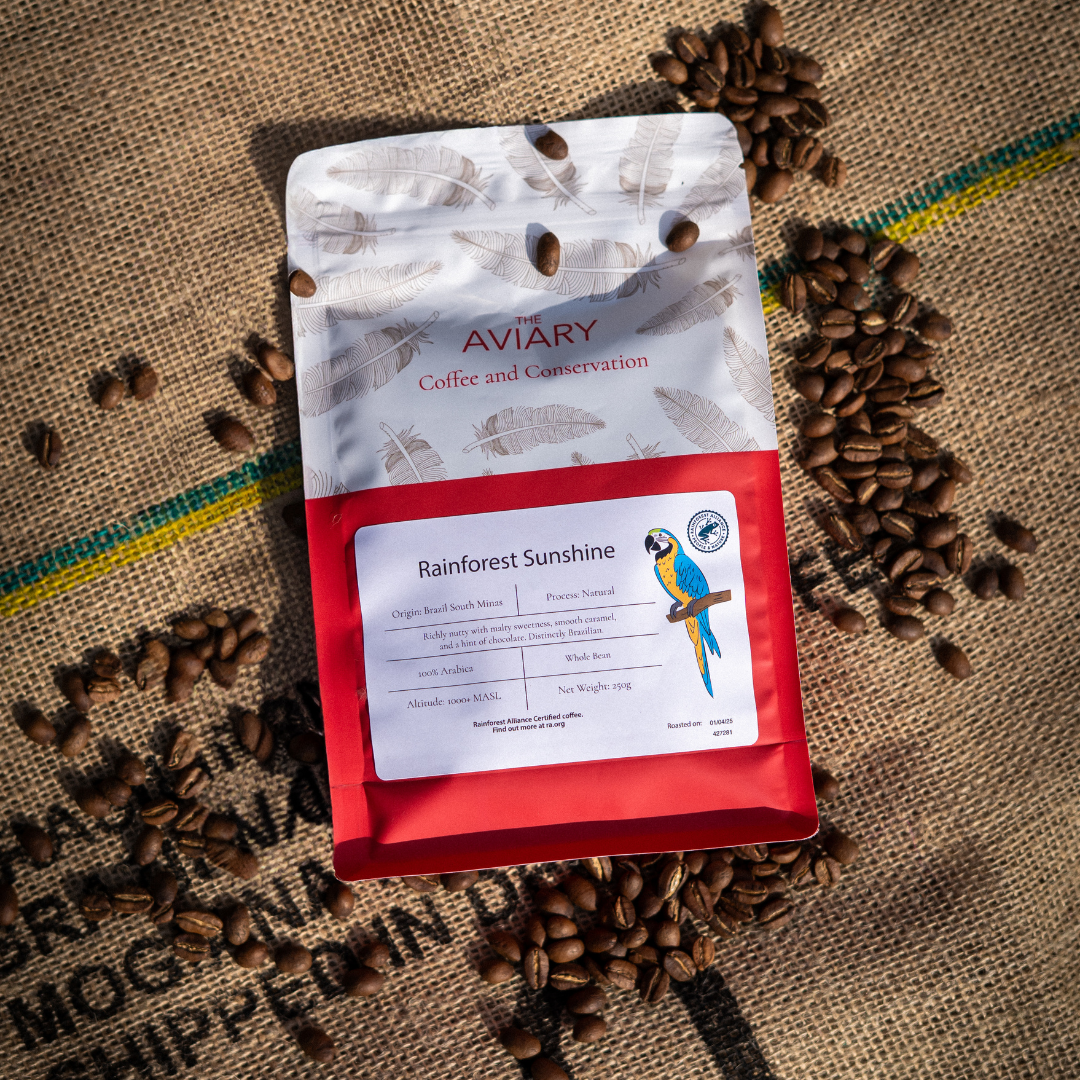
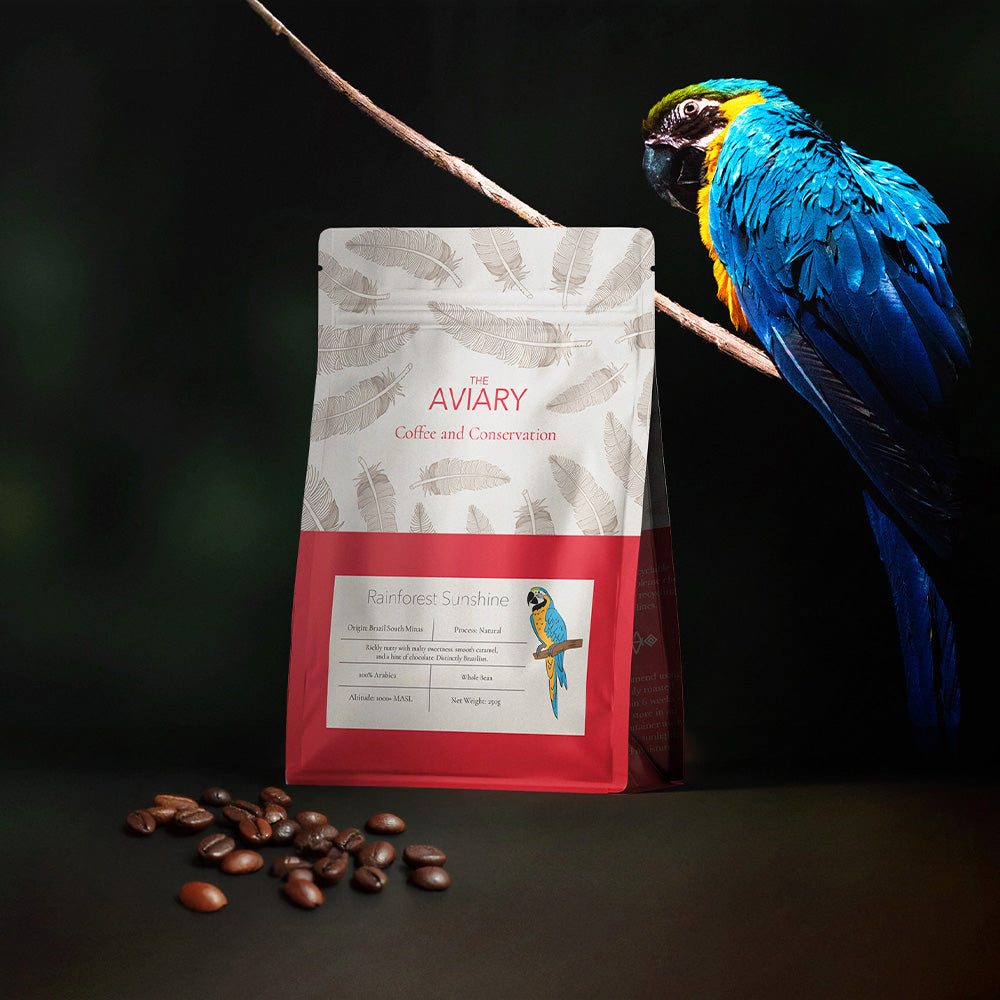

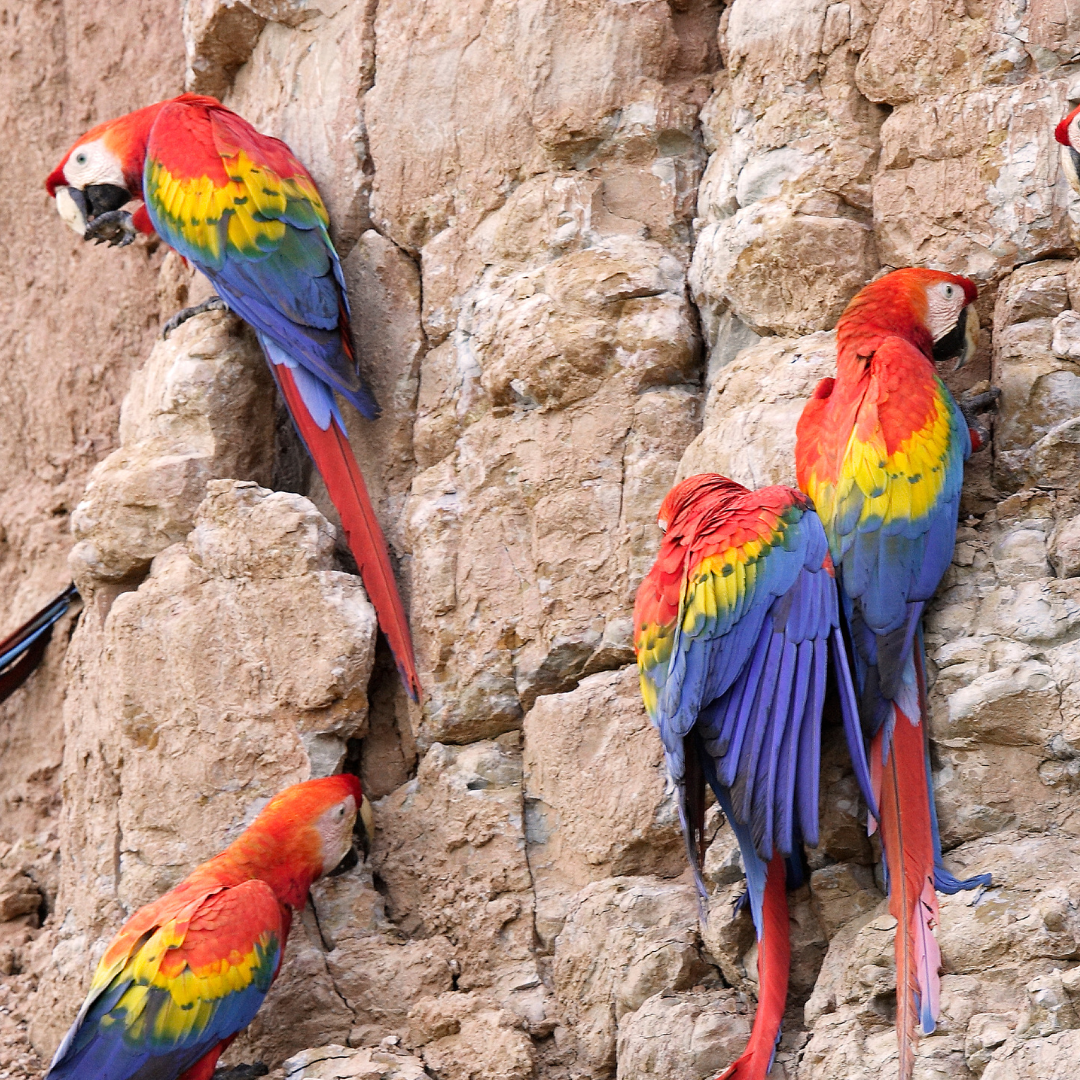
0 comments